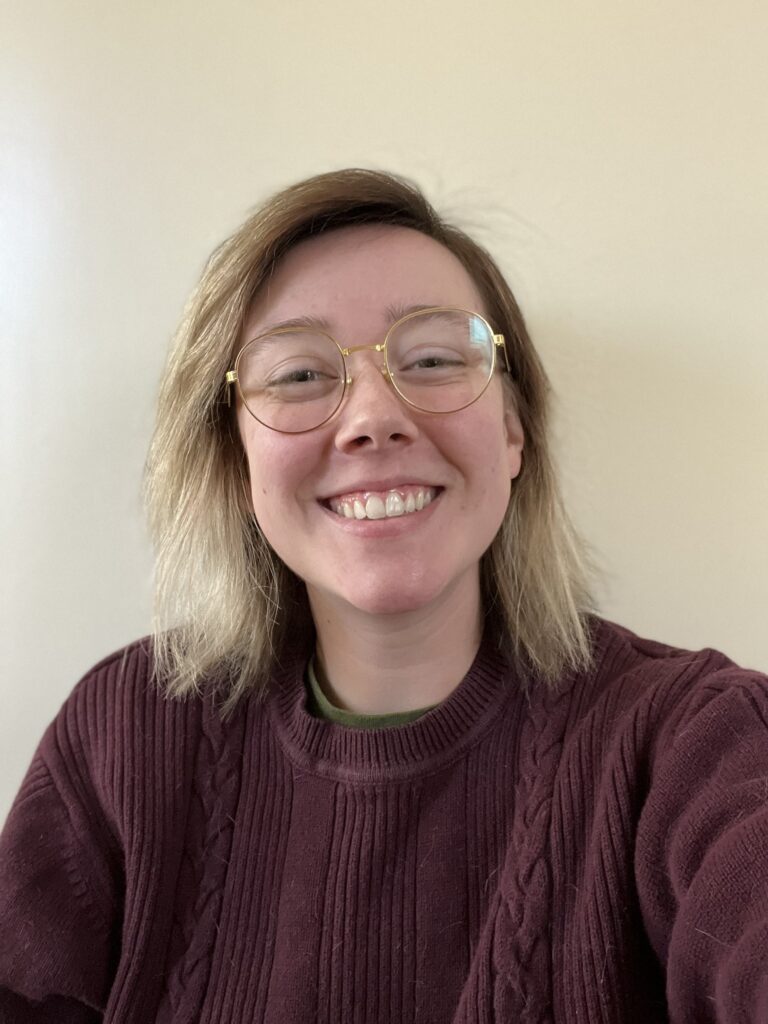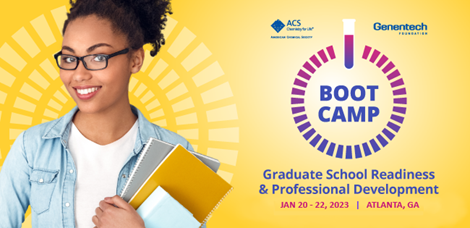Physical/Organic Chemistry
The Department of Chemistry at Oregon State University (OSU) seeks to fill a Tenure-Track faculty position starting in Fall 2023 at the rank of Assistant Professor. We are seeking candidates who are interested in developing innovative interdisciplinary research programs (bridging two or more disciplines in chemistry) with emphasis on overcoming challenges related to human health, renewable energy, and the environment. Preference will be given to candidates who can take advantage of existing university-wide facilities including the NMR facility, Mass Spectrometry center, X-ray Crystallography center, Electron Microscopy facility, and the Continuous Flow Reactor facility. The proposed research program should demonstrate proficiency or significant potential to garner national and international recognition with sustainable external grants.
The successful candidate is expected to teach in Physical Chemistry and/or Organic Chemistry, broadly defined. The candidate is also expected to fulfill working, teaching, and mentoring responsibilities in ways that provide equitable and inclusive environments for all students, faculty, and staff at OSU. Minimum qualifications include a Ph.D. in Chemistry or a related scientific field.
To review the full posting and apply, go to: https://jobs.oregonstate.edu/postings/122213. For full consideration, applications should be received by October 1, 2022; however, the position will remain open until filled.
OSU commits to inclusive excellence by advancing equity and diversity in all that we do. We are an Affirmative Action/Equal Opportunity employer, and particularly encourage applications from members of historically underrepresented racial/ethnic groups, women, individuals with disabilities, veterans, LGBTQ community members, and others who demonstrate the ability to help us achieve our vision of a diverse and inclusive community.



